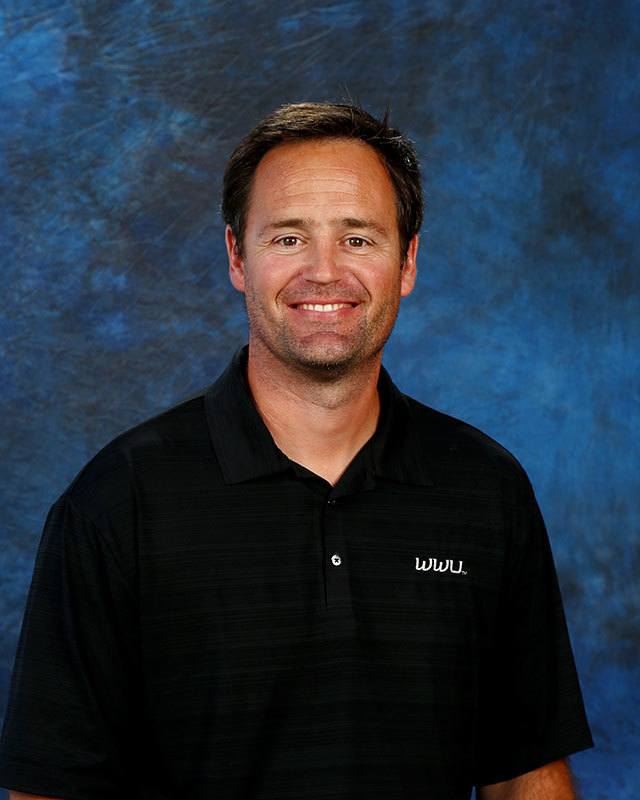Good fortune, Travis Connell said, plays a role in winning championships.
Connell, a 1991 graduate of Oak Harbor High School, has built the Western Washington University women’s soccer program into a powerhouse — make that a national powerhouse.
The Vikings dethroned three-time defending champion Grand Valley State (Michigan) 3-2 Dec. 3 in Kansas City to win the NCAA Division II championship.
After several near misses (WWU lost in the national semifinals in 2013 and 2015), the Vikings finally claimed the crown. A handful of teams each year have the talent to win the championship, so sometimes “you just need the ball to bounce your way,” Connell said.
To pin the national win solely on Lady Luck, however, is to sell short what Connell and the Vikings have accomplished.
This year’s team was strengthened by previous tournament experience and the ability to “rise to the occasion when needed,” he said.
Winning is nothing new for Connell and his crew.
Connell just completed his 14th year as the Vikings head womens coach, and Western just finished its 13th consecutive winning season, one of the top streaks in the country. WWU has won five straight Great Northwest Athletic Conference titles, qualifying for the national tournament each season.
Under Connell’s guidance, the Vikings own a 202-64-26 record, including going 100-9-7 over the past five years.
Connell earned GNAC Coach of the Year honors six times, and this season he and his coaches were named National Staff of the Year.
He didn’t set out to be a soccer coach: “It wasn’t in the plan.”
Coaching, however, kept him involved in the game after his competitive playing days.
“I fell in love with the sport at an early age,” he said. “Before anything, I was really a big soccer fan and still am.”
Connell played at Oak Harbor High School under his father, John Connell, and along with his brother, Caleb, who is two years younger.
The brothers went on to play at Seattle Pacific University. Travis was a four-year letterman, three-year starter and captain his senior season. The Falcons qualified for the national tournament each of Travis Connell’s four seasons, winning the national title in 1993. In the semifinal match, he scored the tying goal with 65 seconds remaining.
“My most memorable game was the last I played in college with my brother,” he said. “Playing with others and not just for yourself is a big part of team sports. Striving together, risking failure together and doing it with my brother made it that much more of a rich experience.”
His SPU coach Cliff McGrath and his father helped mold Connell’s coaching style.
“My dad is fantastic,” he said. “Former players still call; he obviously made an impact on others.”
McGrath taught Connell about developing a “winning mentality” and a “culture where you respect everyone and the competition.”
Several factors led to Western’s success under Connell.
After several years he realized he shouldn’t force the players to follow his style.
“I learned to sit back and watch them play,” he said. “I would assess their strengths and allow them to play to those strengths. That creates a greater buy-in by the players, as well.”
The biggest change came in 2012 when Western decided to invest more in the program.
Connell coached both the men’s and women’s teams for about 10 years. That would require him to hold back-to-back practices and play back-to-back games.
“You have to sacrifice a bit for each team in that situation,” he said.
After the 2012 season, the school hired head coaches for each team, Connell going with the women’s, and built an on-campus soccer stadium. Concentrating on one squad, Connell was able to help the team go from winning many games to winning most.
It also helped, he said, that his 2012 team upset a few teams in the postseason and realized “it could compete with anyone” on the national stage, pushing the team into a new state of confidence.
Winning, however, isn’t Connell’s only goal.
“I hope the kids develop relationships they care about for the rest of their lives, relationships that make them better people” he said. “I also hope we can show them they can accomplish things they didn’t think they were capable of.”
Or, in other words, they don’t have to be lucky to be successful.



